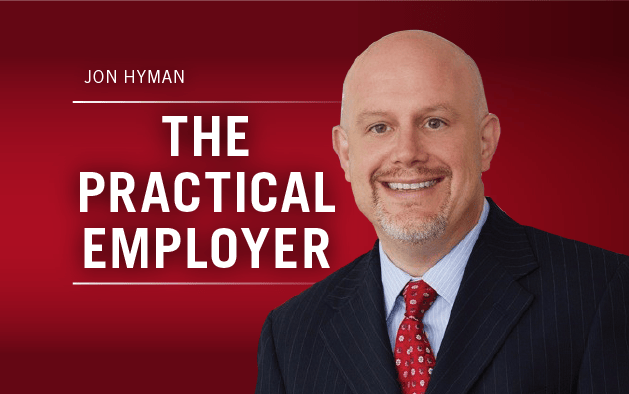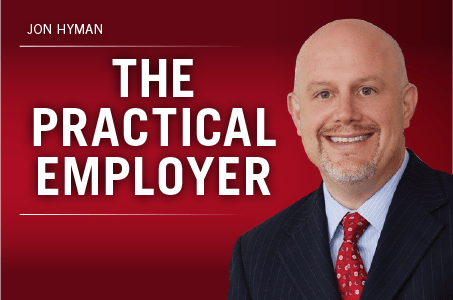In 2005, Monika Starke filed a charge of discrimination with the EEOC alleging that her employer, CRST Van Expedited, Inc., subjected her to sexual harassment.
The EEOC expanded that initial charge into a federal-court lawsuit over whether CRST engaged in sexual harassment against myriad of its female driver trainees.
What followed was 14 years of litigation, several trips to the court of appeals, one trip to the U.S. Supreme Court, and an attorney-fee award of over $3.3 million against the EEOC for frivolous, unreasonable, or groundless conduct in the filing and prosecution of the underlying claims.
The issue that lead to the large fee award was the EEOC’s heavy-handed prosecution of a pattern-or-practice harassment claim, even though it did not plead such a claim in its complaint.
Late last year, the 8th Circuit Court of Appeals affirmed the fee award (which had previously been reduced on appeal from an initial award of $4.5 million).
As the master of its own complaint, it was frivolous, unreasonable and/or groundless for the EEOC to fail to allege a pattern-or-practice violation and then proceed to premise the theory of its case on such a claim. Claims necessarily premised on the inclusion of this claim are likewise frivolous, unreasonable and/or groundless.
As attorneys, we are responsible for our conduct in litigation. When that conduct gets out of hand or crosses the line, there are often consequences. Sometimes, those consequences are harsh, even if warranted. In this case, the EEOC learned a tough lesson, hopefully one that will end one of the longest running discrimination cases in history.






 Sherryl Darby has the BRCA1 gene, otherwise known as the breast cancer gene, the best known gene associated with breast-cancer risk. Approximately two months after she started working as an administrative assistant at Childvine, an early childcare provider, Darby opted to have a double mastectomy to decrease her risk of developing breast cancer in the future. Two weeks later, Childvine fired her.
Sherryl Darby has the BRCA1 gene, otherwise known as the breast cancer gene, the best known gene associated with breast-cancer risk. Approximately two months after she started working as an administrative assistant at Childvine, an early childcare provider, Darby opted to have a double mastectomy to decrease her risk of developing breast cancer in the future. Two weeks later, Childvine fired her.